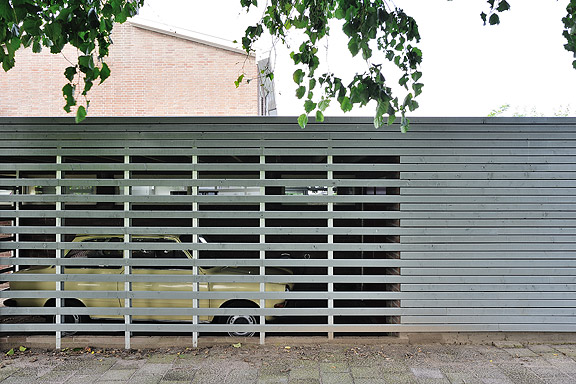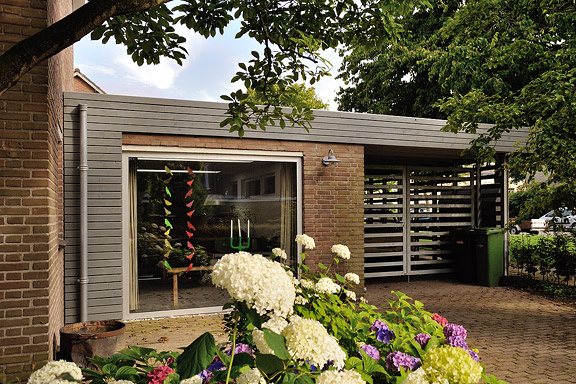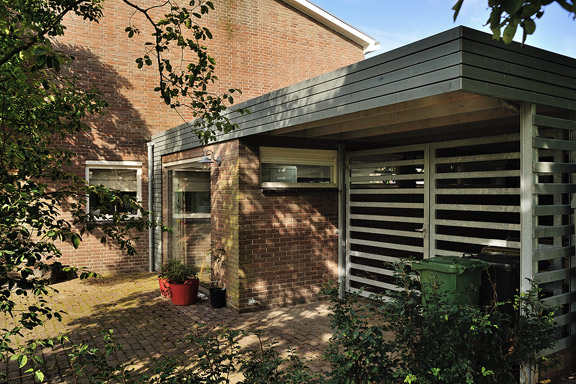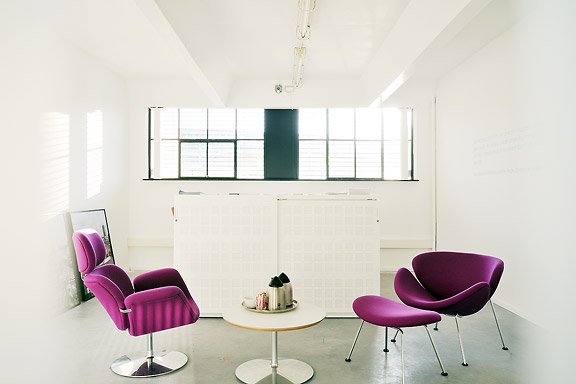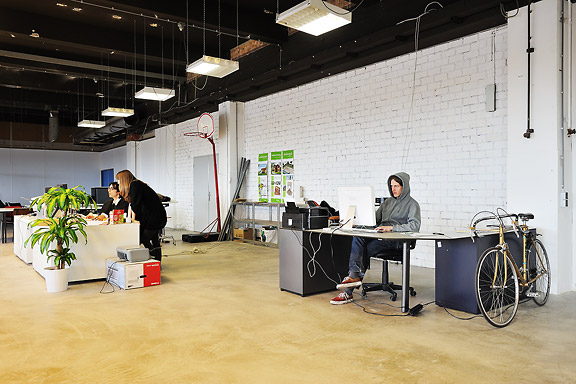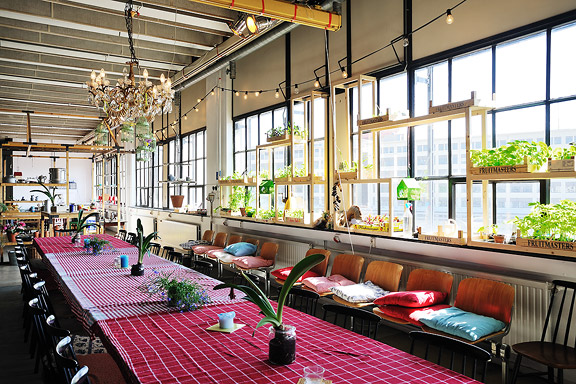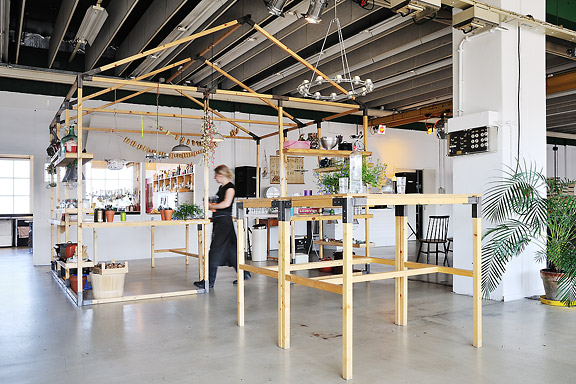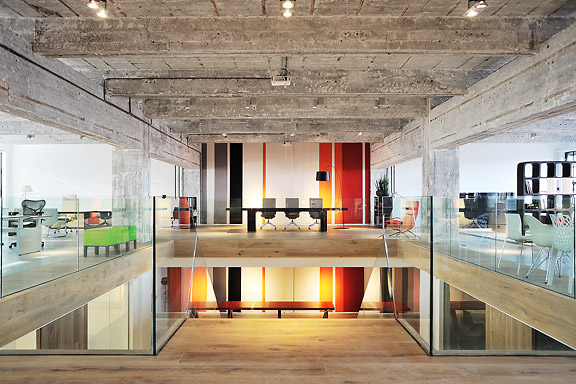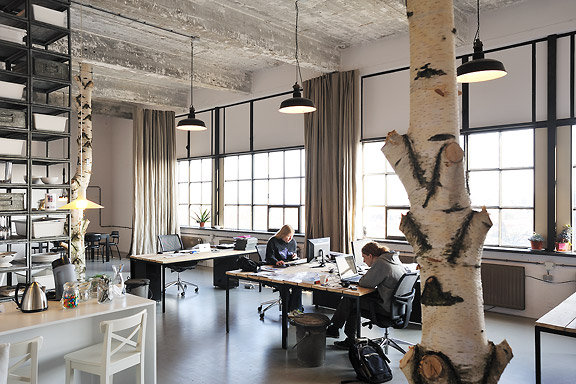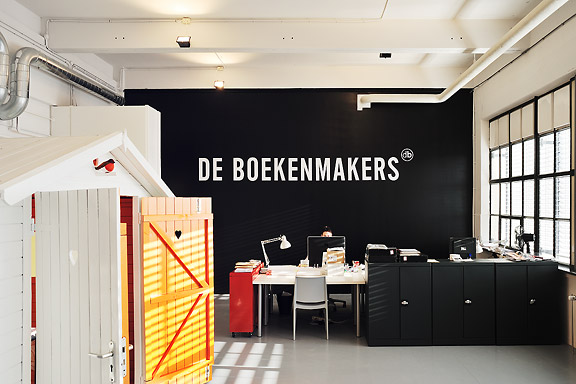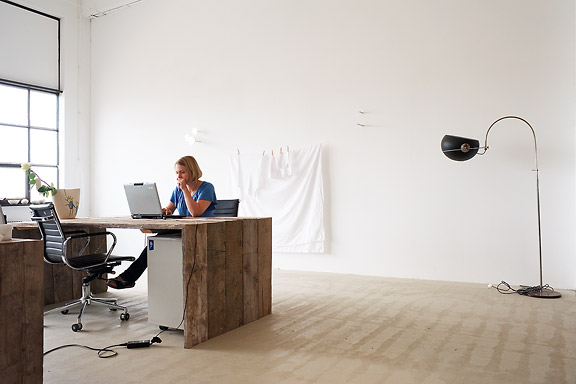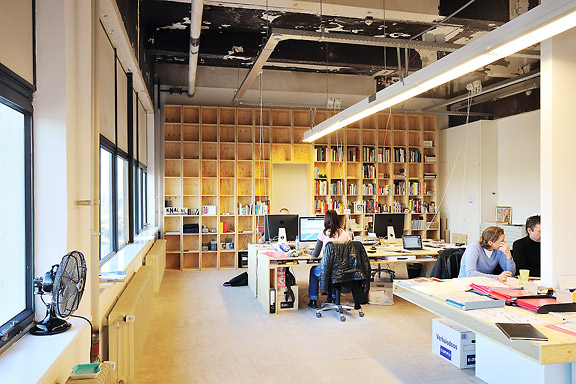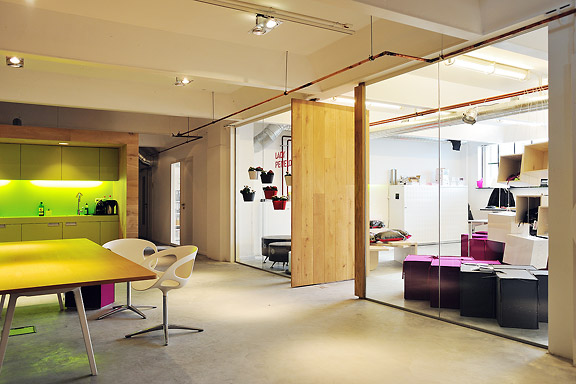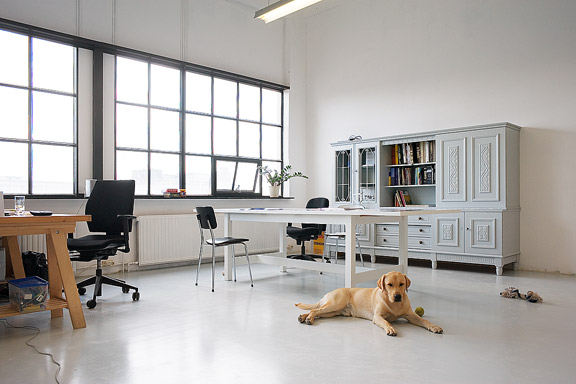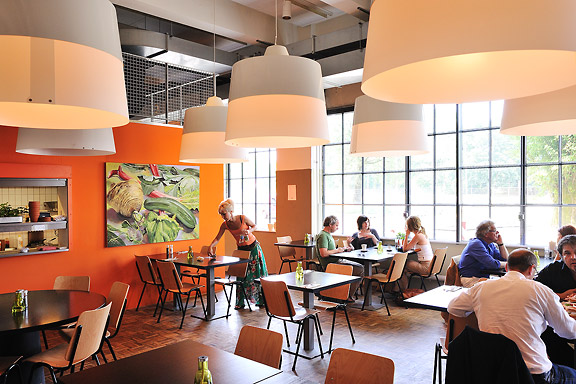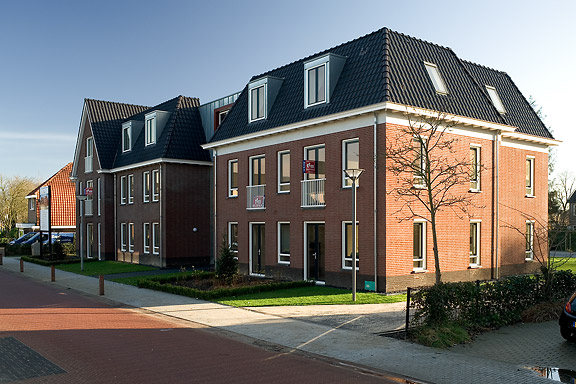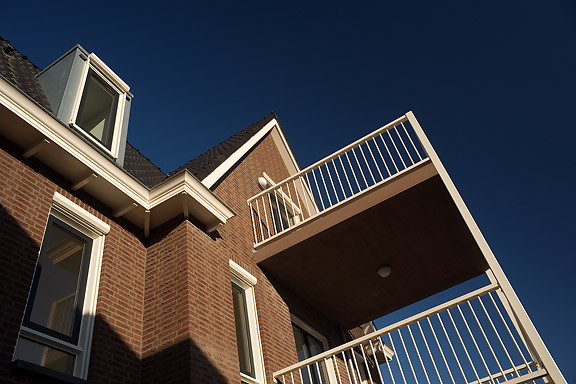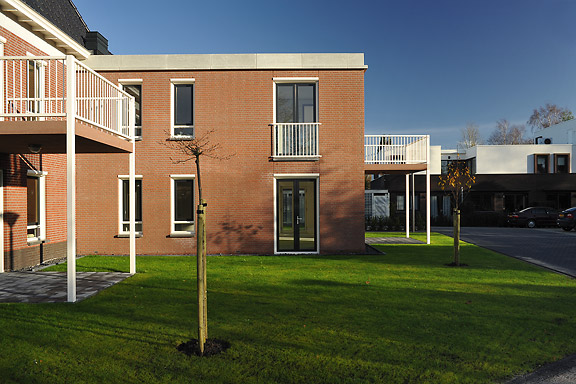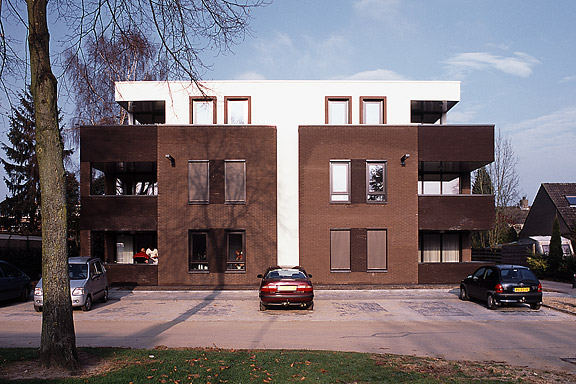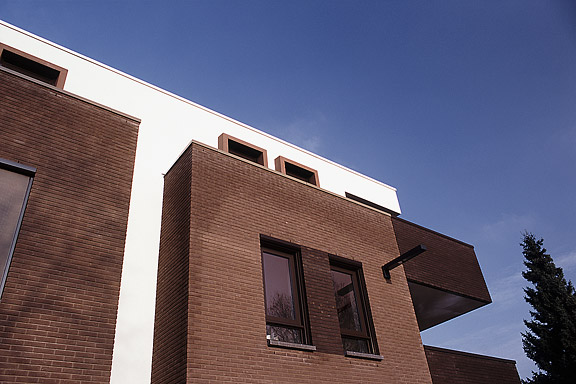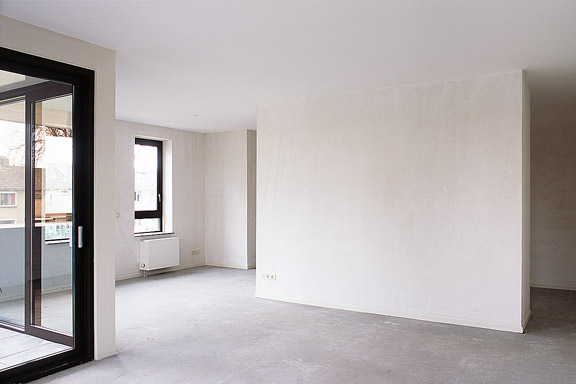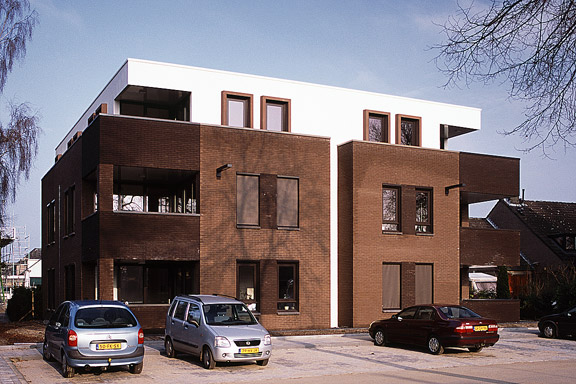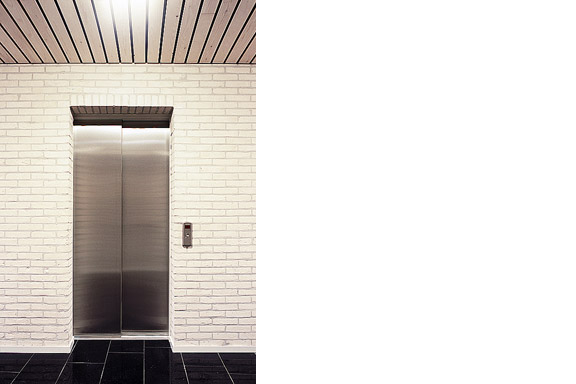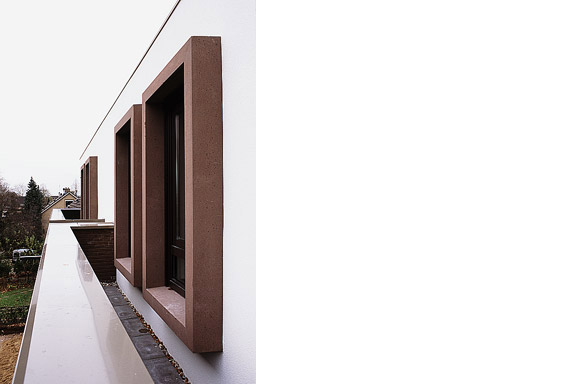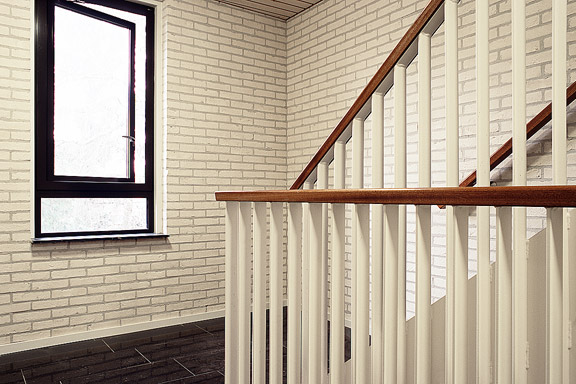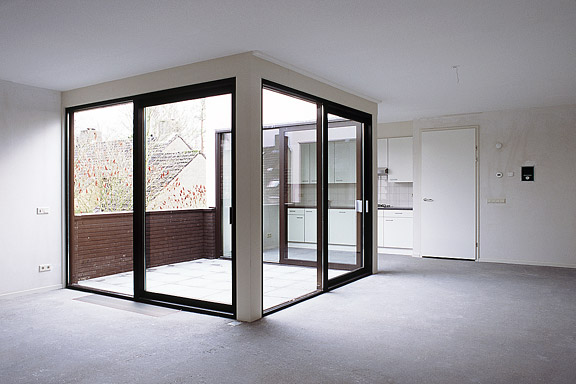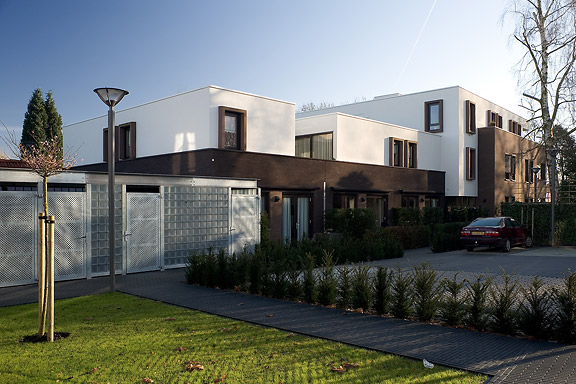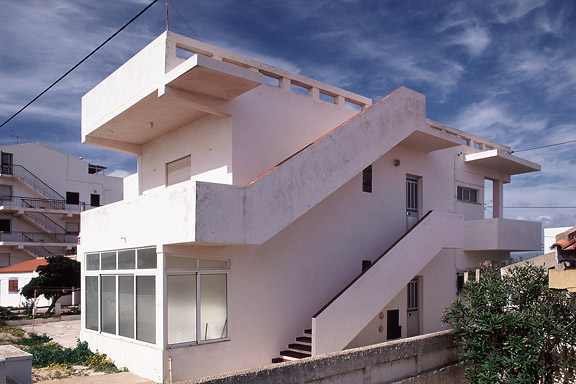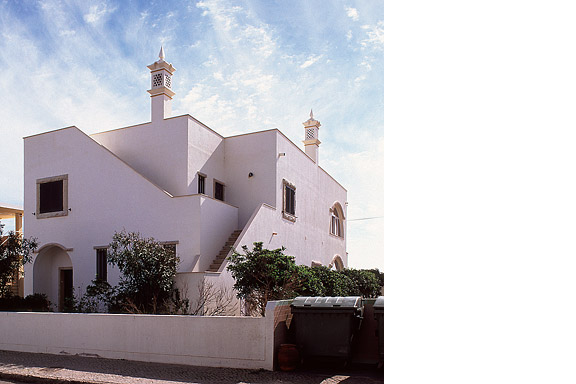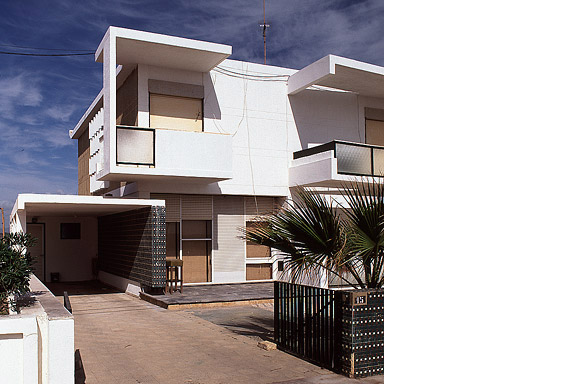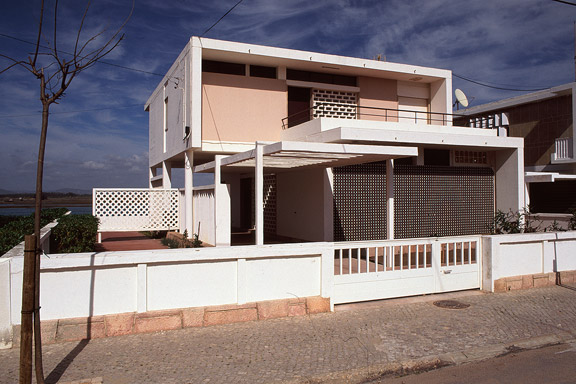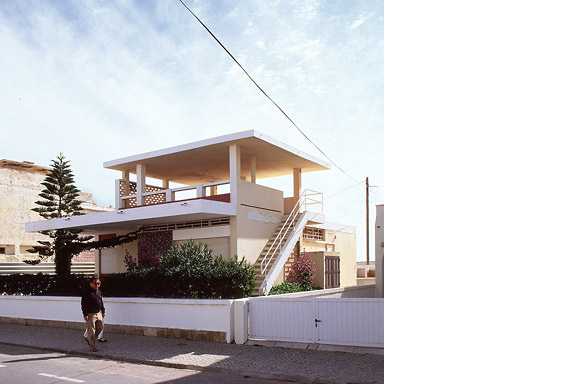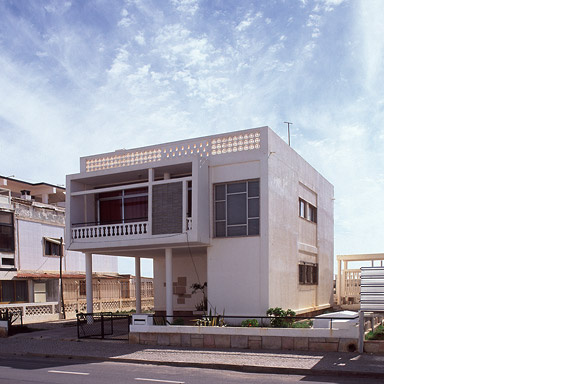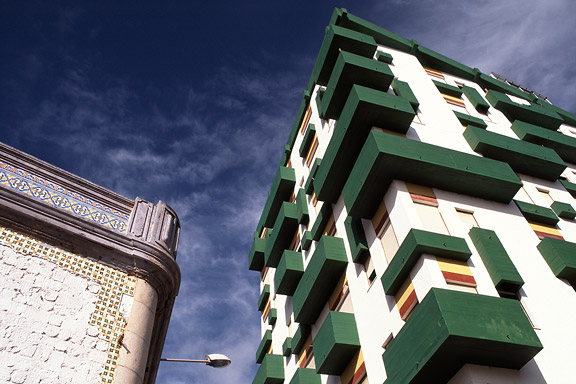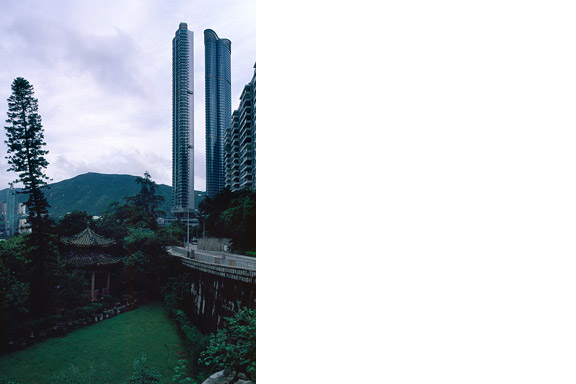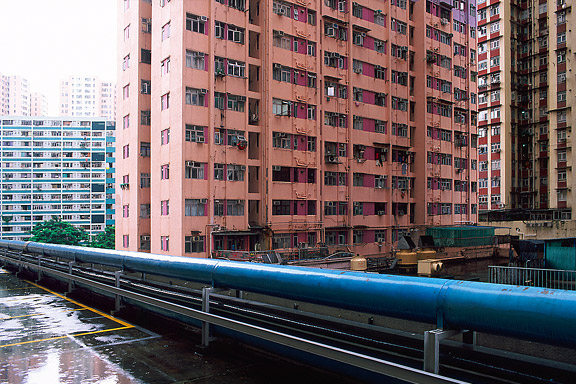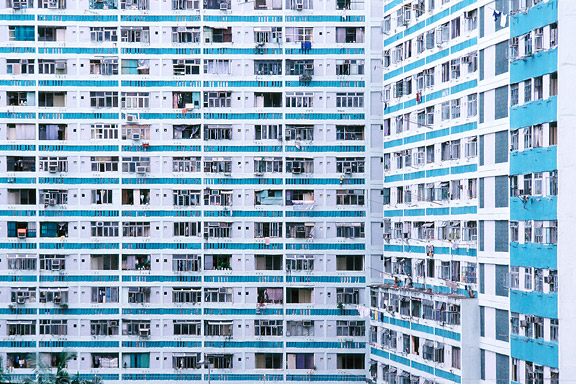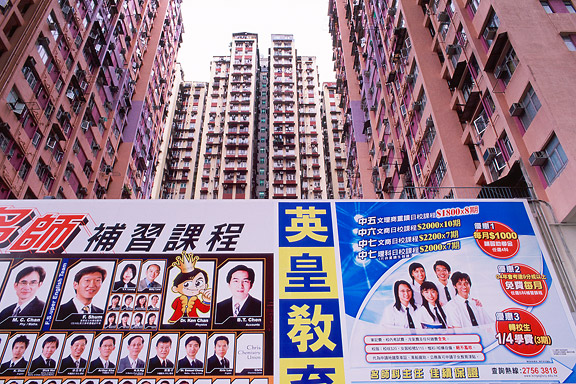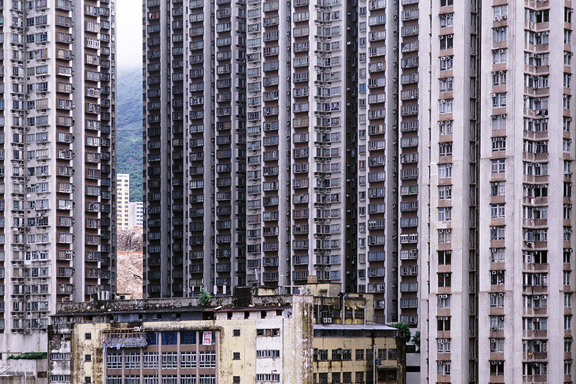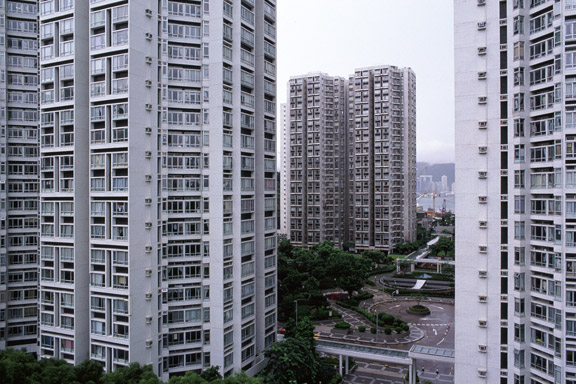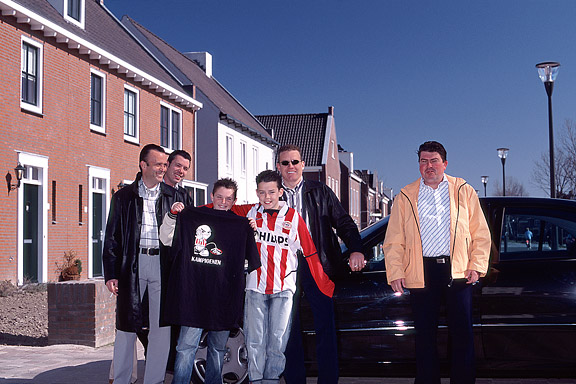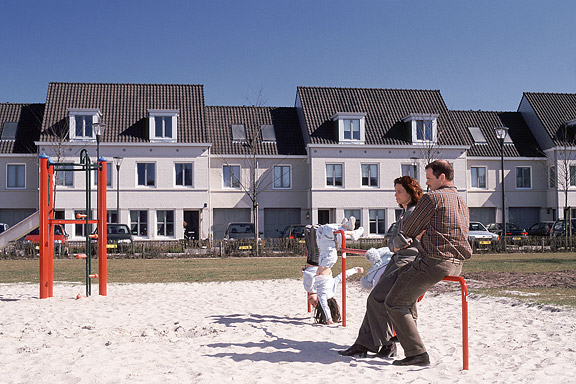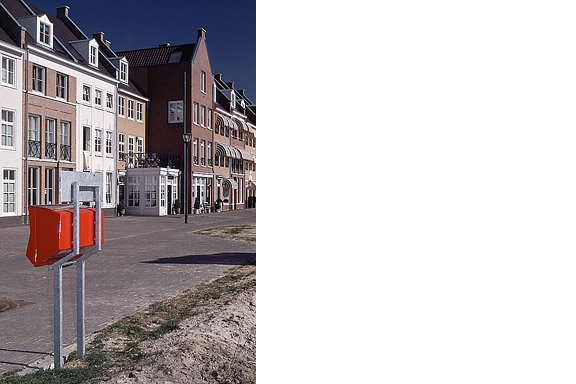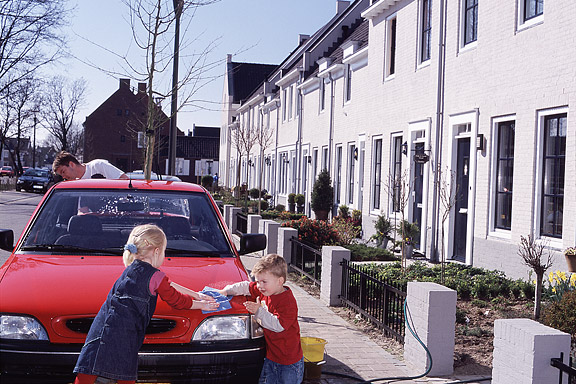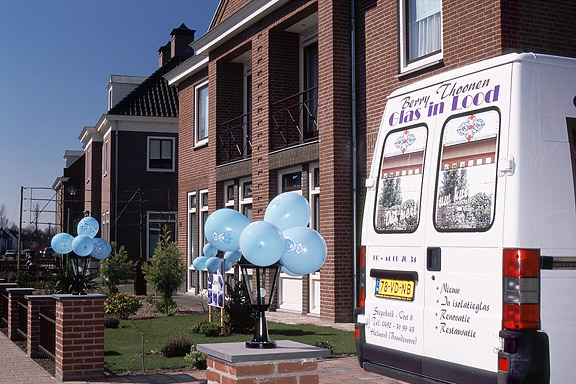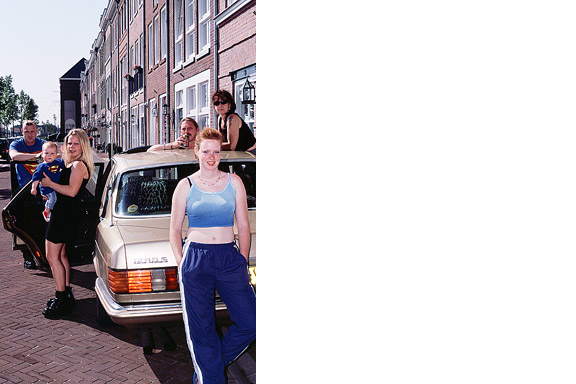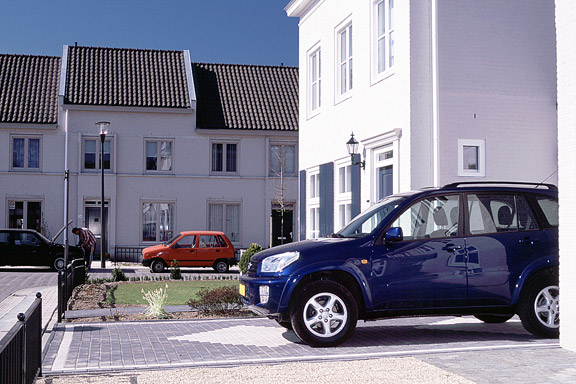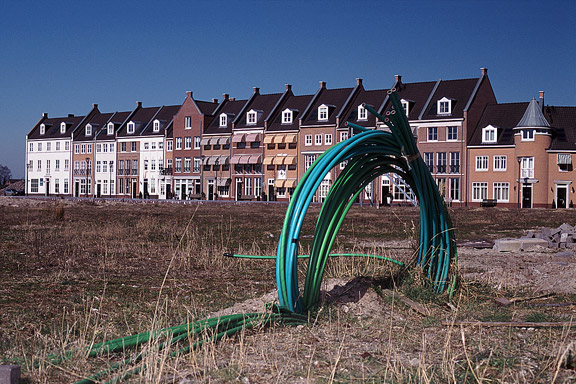Vision on learning written for teacher degree program
2018
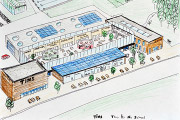
T-shirts for YouTube channel 2kB of Fun
2018
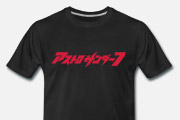
Fourth incarnation of the Retro Space arcade cabinet in aluminium
2017
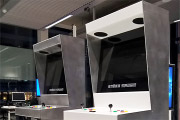
Pixel art illustration for the book 2kB of Fun
2017
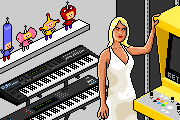
The incredible world of handheld video games from ‘76-’85
2013
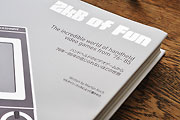
Een plat pakket doe-het-zelf versie van Retro Space
2013
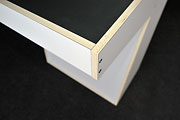
Photo report of the STRP Festival 2011 by Mick Visser
2011
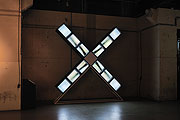
Photo report of the STRP Festival 2010 by Mick Visser
2010
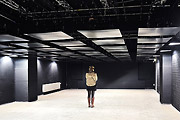
Luxury villas at the Berlaer site in Helmond
2010
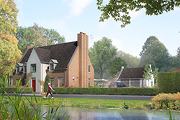
Redesign of the classic office desk calculator within 1 hour
2010
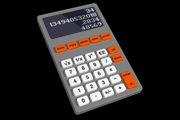
The Clock Building is a magnificent icon for Eindhoven. It is built as factory by Philips Electronics in 1928/1929. After having been used for years as office space by Philips, the building now transforms back to its original function: a factory.
This time no series production. Trudo turned the building into a creative factory. Architects, designers, musicians, photographers, creative consultants: a colourful aggregation of creative talent took over this icon of the city Eindhoven.
The building has been split into units of various proportions. They all share one common feature though. Huge window openings with delicate metal frames. The light that enters the building gives unity to the diversity of interiors.
I photographed numerous interiors of the Clock Building to give insight in the new use of the building. The transformation of the Clock Building is a starting point in the transformation of the city district Strijp-S, a new centre for the city of Eindhoven.
The pictured companies are from left to right: Architectuurcentrum Eindhoven, Little Mountain, Keukenconfessies (2x), Desque, FuturOn.net, De Boekenmakers, studio-OOK, Scherpontwerp, Lady Penelope, Dikgedrukt en PopEI
26 arcade cabinets for Dutch Game Garden
2010
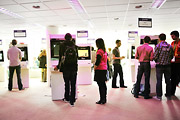
A new and usable subway map for the biggest city on earth: Tokyo
2009
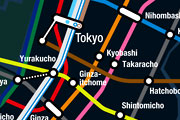
A new factory for Kingspan insulation panels at Medel near Tiel
2009
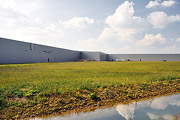
A man is a real man, if welding is what he can!
2009
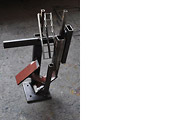
A new catholic community centre for Heteren
2009
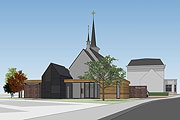
Hacking Ikea table with Sega Megadrive or Pac Man inside
2009
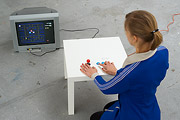
Photos of 2 projects by Johan van den Berkmortel
2008
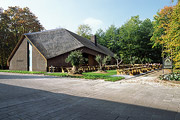
When I started working at "bouwkundig ontwerp- en adviesburo Van Zeist" the preliminary design for these 8 apartments had been made already. I drew up the technical detailing.
One of the challenges was to draw the brickwork in monk bond, just like the classic houses in the same street.
To show the appartments are built in 2008, many details are modernized. The balconies for example look like old wooden porches, but in fact they are made of brown concrete and steel.
A new business building for 2 entrepreneurs in Kesteren
2008
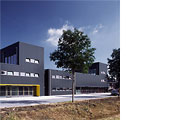
Website for Retro Space
2008
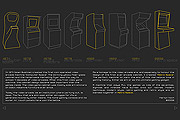
Modern arcade cabinet for home use
2008
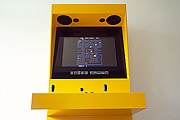
Entry Europan 9 Martijn Koch and Wendy van Rosmalen
2007
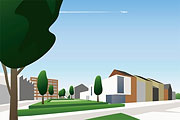
An abandoned commercial plot in the centre of Heteren had to be filled with 19 apartments. Contractor Kuijpers had moved to the city limits and the housing corporation "Woningstichting Heteren" had 4 outdated senior-citizen houses on the adjacent plot at the Rozenpad street. The combined plot connects a traditional village street with a seventies extension to Heteren. The housing coorporation asked me to design the modernist block fitting the seventies area.
I designed this appartment block as employer of Bouwkundig ontwerp- en adviesburo van Zeist BV
A design for a new metro map for Copenhagen
2006
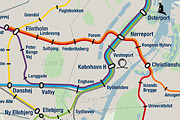
Veranda extension to house in Beek en Donk
2006
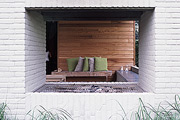
Concept for a modern picture story based on Cinderella
2005
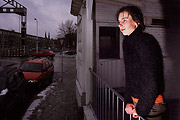
A digital magazine on sustainability, photography, cityscape and opinion
2005
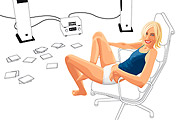
For most tourists the city of Faro in southern Portugal is nothing more than an entrance by plane to the Algarve. Which is a pity. The biggest city of southern Portugal is probably the only one giving room to creativity. You will not see kitsch appartment blocks for Dutch and Germans, but subtile shaped private houses for the Portugese themselves. You will see images that remind of modernists like Gerrit Rietveld, Adolf Loos and Le Corbusier. You will wonder wheter MVRDV got inspiration here, or if Portugese architects checked out work of the Durch architecture firm.
Photographs of Detroit
2005
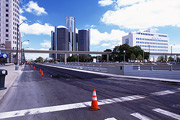
Mixture of the Big Shadow and the Fake Lamp
2004
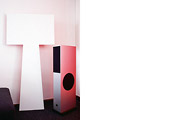
Hong Kong has little room to built. There is a small piece of land to build on between the water and the mountains. The only option to house the millions of citizens is to use efficient towering blocks. Some area's have a FAR (floor to ground area aspect ratio) of 5 to 10.
Brandevoort is one of the big suburban extensions according to the governmental document Vinex. Under supervision of Rob Krier, the city of Helmond tried to mimic the classic Dutch canal city for its big extension. Modern legislation on parking and the fact that a family in a suburban plan like this needs 2 cars to reach all daily facilities, resulted in weird interiors for the urban blocks. The gardens are petite, and most space is used for the cars.
Office building for the Dutch Tax Administration
2003
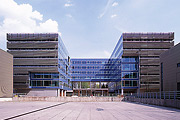
 Creative Factory
Creative Factory Monk Bond
Monk Bond I never promised you a rosegarden
I never promised you a rosegarden





